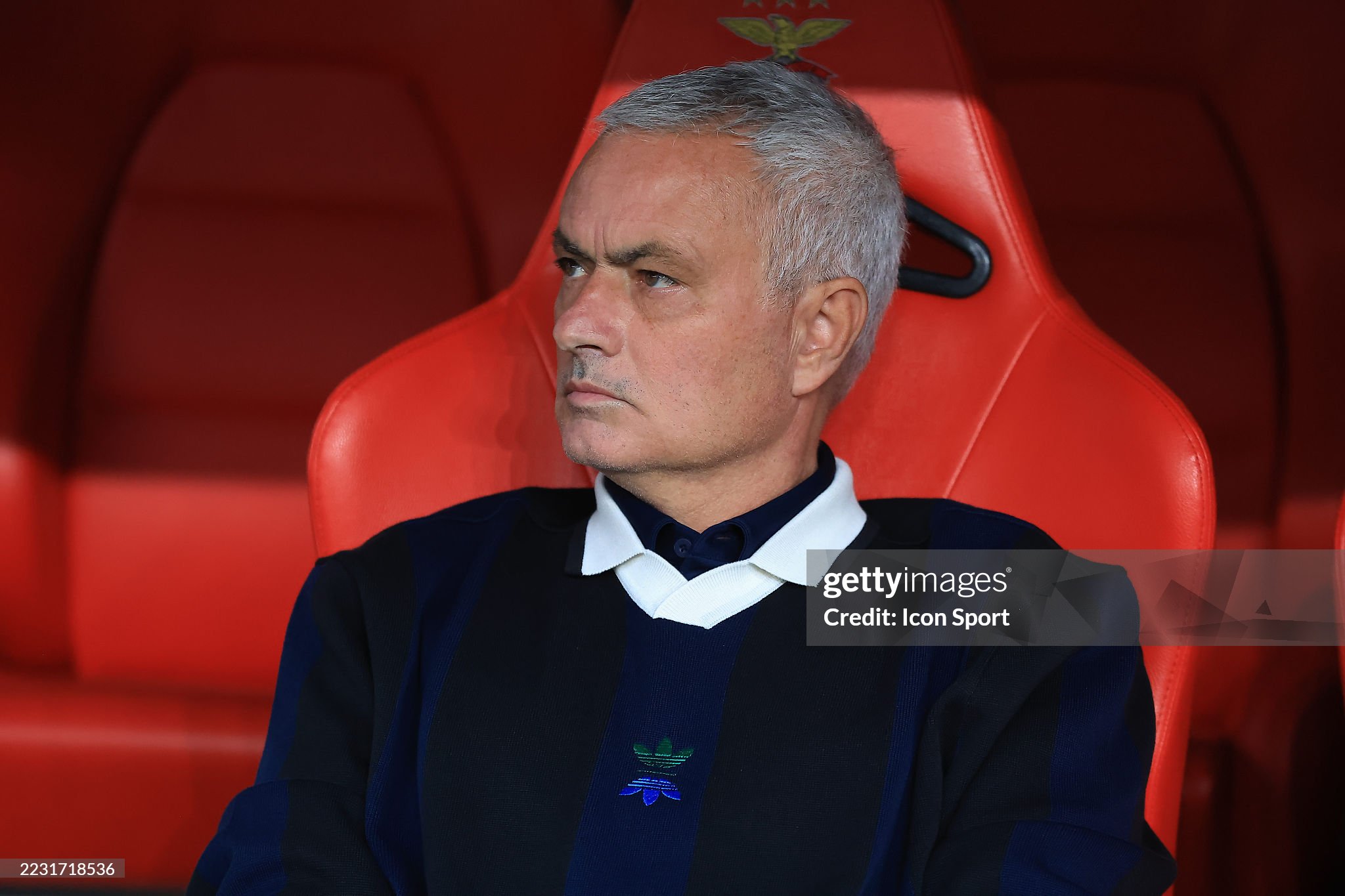The emergency works to get the Spotify Camp Nou ready in time for the home match against Valencia on Sunday, September 14, were not greatly appreciated by the Catalan police. While Barcelona is doing everything possible to prepare the stadium on time, the police reportedly intervened on Sunday.
 Embed from Getty Images
Embed from Getty Images
La Liga was willing to cooperate and scheduled three consecutive away games for Barcelona at the start of the season, providing the club with a crucial window of time to complete the accelerated renovation works at Camp Nou.
The plan was intended to give the club a buffer, ensuring that the stadium would be operational for mid-September. However, what was initially seen as a carefully coordinated timeline quickly became a frantic race against the clock. The scale of the works required, combined with the complexity of modern stadium safety regulations, meant that the margin for error was practically nonexistent. Barcelona had until Monday at 23:59 to submit the all-important Certificate of Completion to the league authorities, a document that would determine whether the city council and La Liga would give the green light for the stadium to reopen. Without this approval, the return to Camp Nou would be impossible, regardless of the progress made on the construction front.
The permit in question was not for full use of the legendary stadium, but for partial operation specifically, authorization to host a maximum of 27,000 spectators. This figure, far below Camp Nou’s usual capacity, highlighted the ongoing limitations and the urgency of the situation. Barcelona knew that returning fans would only be able to occupy a restricted section of the ground, effectively cutting the atmosphere to a fraction of what is usually experienced at home games. Yet, even with this reduced capacity, the timeline remained excruciatingly tight. Reports from Catalan radio station Cadena SER revealed that in order to meet the deadline, Barcelona had pushed construction teams to continue working throughout the weekend. This decision directly violated local labor laws and ultimately led to an unexpected intervention from the police.
The incident escalated on Sunday when the Guardia Urbana halted all activity at the site. Several construction workers were removed from the premises, and fines of three hundred euros were issued as a standard penalty for breaching working-hour restrictions. The confrontation underlined the growing tension between the club’s desperate push to deliver the stadium on time and the enforcement of local regulations designed to protect both workers and residents. Despite this setback, Barcelona pressed on, determined not to let bureaucratic and logistical hurdles derail their long-awaited return to their iconic home.
Ultimately, the Certificate of Completion was indeed submitted within the deadline, but questions remain about whether Camp Nou, in its unfinished state, genuinely met all the requirements set forth by the authorities. The surface-level approval may have secured the club’s right to host the fixture, but doubts persist over structural readiness, safety measures, and the fan experience in a stadium that is still very much a construction zone.
The situation was further complicated by the lack of viable alternatives. In anticipation of potential delays, Barcelona had officially registered the Estadi Olímpic Lluís Companys with La Liga as a fallback option. However, fate intervened once again, as the venue was unavailable on September 14 due to a scheduled Post Malone concert, rendering it useless for the Valencia fixture. This forced the club to consider the Estadi Johan Cruyff, a much smaller stadium with a capacity of only 6,000 seats. Such a drastic reduction would have meant excluding tens of thousands of loyal fans, an outcome that would inevitably fuel disappointment and frustration among the Blaugrana faithful.
In the end, Barcelona did manage to take the field at Camp Nou on the appointed date, with the stadium operating under restricted conditions. The match itself reflected the tension of the buildup: a tightly contested 2–2 draw against Valencia, leaving supporters with mixed emotions. On the one hand, there was relief and joy at finally returning to their historic home, even in a limited capacity. On the other, the shared points and the unresolved questions surrounding the stadium’s readiness dampened the celebration.
This episode highlights the immense pressures faced by Barcelona both on and off the pitch. The ongoing reconstruction of Camp Nou, designed to modernize one of the most iconic stadiums in world football, has become not just an engineering project but a logistical, political, and emotional challenge. Fans, city officials, labor unions, and La Liga are all stakeholders in the outcome, making every step of the process subject to scrutiny and potential controversy. For the club, the Valencia match was more than just a game; it was a symbolic test of resilience in a season already burdened with expectations, financial strain, and the ever-present weight of history.
Updated: 12:14, 2 Sep 2025







